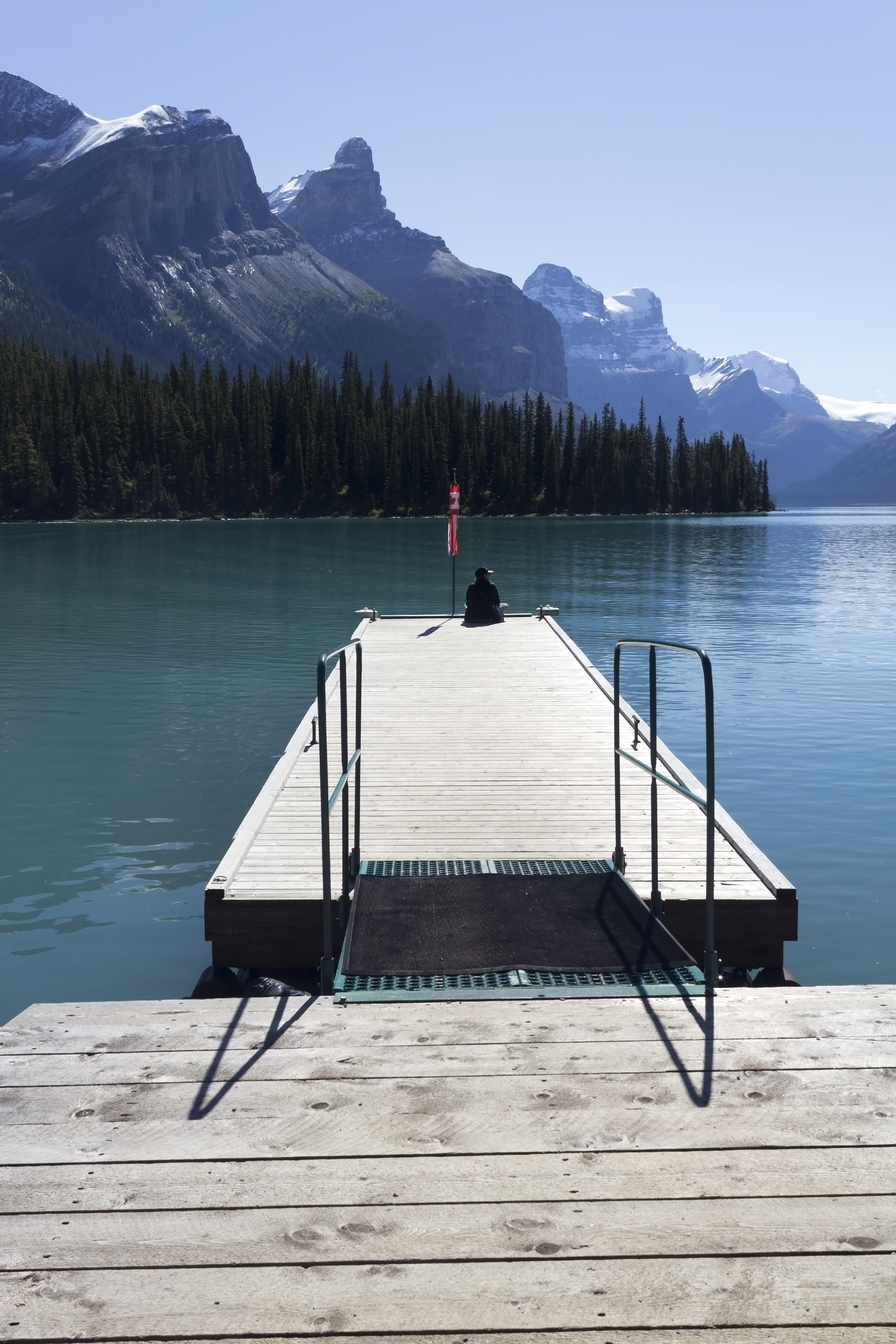 Advent: Those who wait shall renew their strength
Advent: Those who wait shall renew their strength
Please read Isaiah 40: 9-31
As I wrote yesterday, Advent characterizes patiently waiting for the Lord. The Israelites had to wait for a very long period of 400 years after the last prophet spoke to them. The prophets played a key role in the lives of Hebrews. In fact, the prophets were one of the three religious institutions in the Old Testament; the other two being the priests and the kings. The prophets, therefore, played a pivotal role in building anticipation for the Advent of the coming Messiah—Jesus Christ. In times of trouble, darkness, silence, and hopelessness, the prophets brought hope and encouragement to the people of God. The prophets keenly observed the world around them and declared what was wrong with it. They also preached that a better world was needed. In order for a better world, the prophets proclaimed, they needed a better King who would act justly and establish justice. The prophets also preached that people, who contributed to making the world a corrupt and unjust world, needed to repent and turn from their sinful ways. Only when the people repented and accepted the new order that the Messiah brings in will they be able to usher in a new and better world.
The Prophet Isaiah in particular announced that anticipating all this to happen in our world is a matter of patiently waiting. That’s why he announces that there’s even a huge incentive for those who chose to wait upon the Lord:
“But they who wait for the Lord shall renew their strength;
they shall mount up with wings like eagles;
they shall run and not be weary;
they shall walk and not faint” (Isaiah 40: 31 ESV).
Notice here that Isaiah doesn’t mean we remain idle as wait upon the Lord to come back as the ruling King of his Kingdom on earth. To wait is not that we just mark our time. Rather, it’s to be active on his behalf for the kingdom, working towards its fulfillment in the here and now. That’s why he uses three verbs in the above verse: we shall “mount up… run…walk…” That provides a vivid picture of what we should be doing as we wait upon the Lord. Isaiah says the Lord knows when we wait upon him. He knows that as human beings it’s against our nature to wait. He knows that we will become weary and worn out through waiting and trusting upon God. Therefore, he has also provided for an incentive, i.e., he will renew our strength when we become weary of waiting. The incentive to renew our strength is clearly for the purpose of getting more involved in his Kingdom as the three verbs describe for us. God knows that we’re not made to be sitting apathetic but to engage with the world. Therefore, he’s also willing to supply us the needed strength, through the Holy Spirit, to mount up like eagles, to soar higher, to run faster, and to walk with sprint in our feet, to do his will on earth as it’s done in heaven!
Amen. Have a blessed week ahead!
Leave a Comment